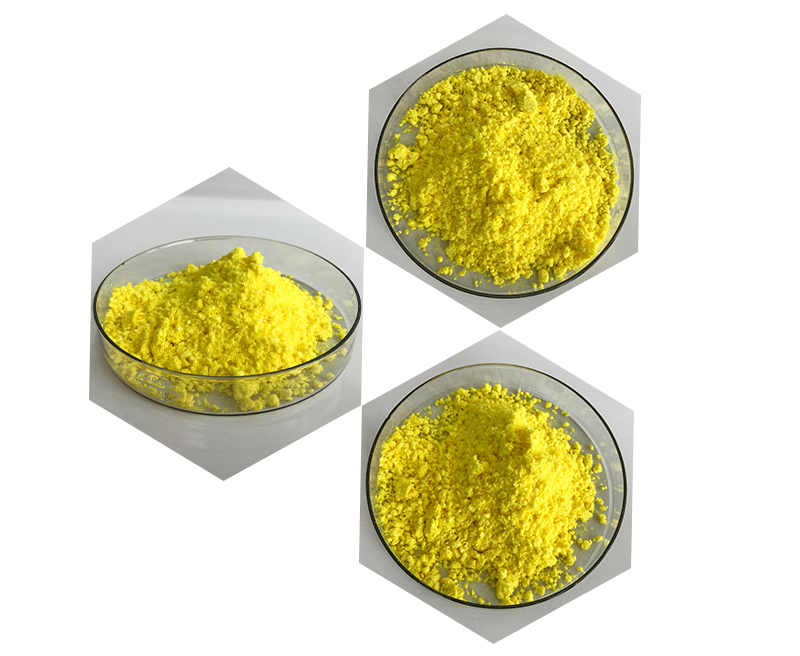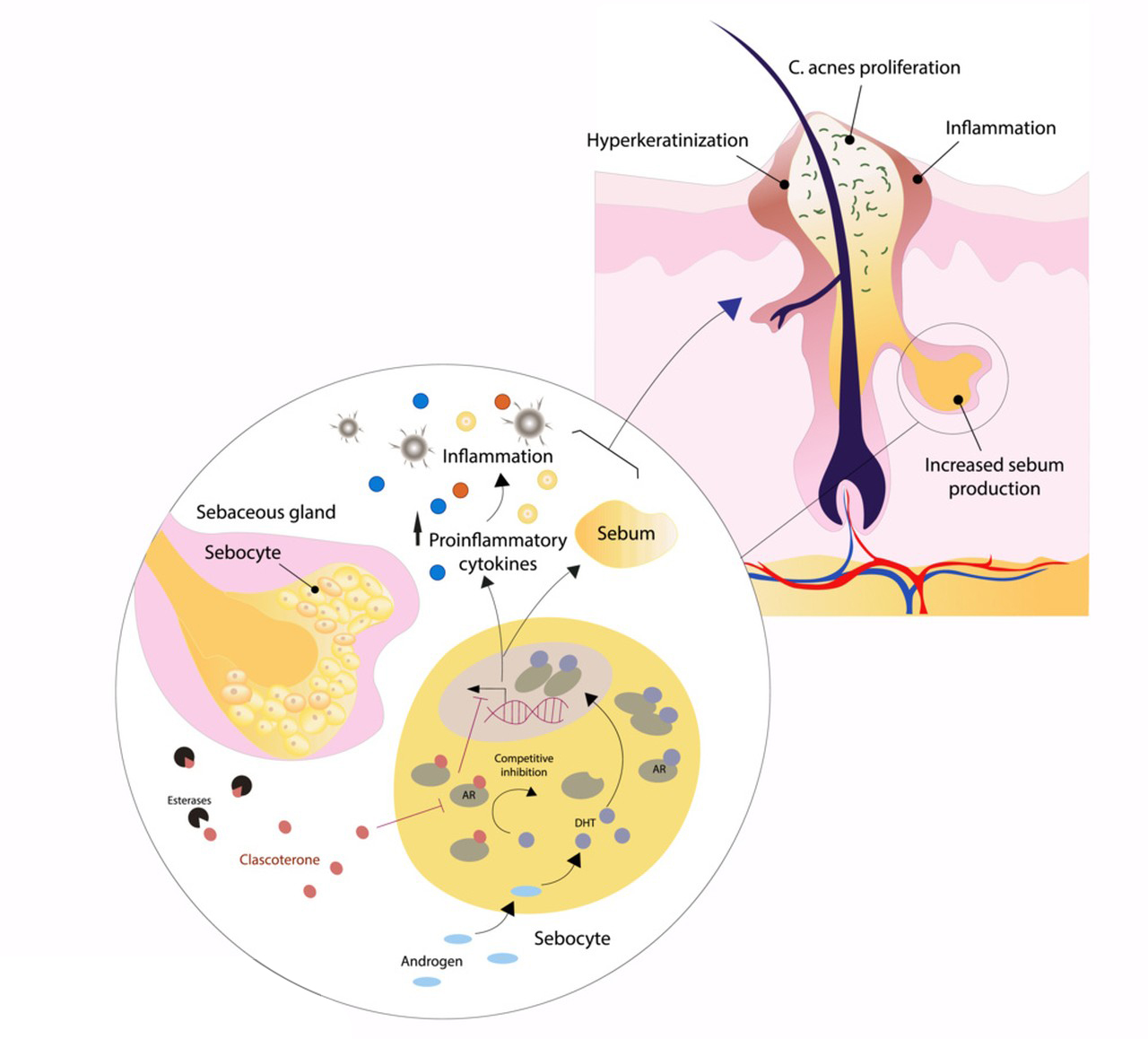Retinoic acid is a derivative of vitamin A (retinol) and belongs to the class of compounds known as retinoids. Retinoids play crucial roles in various physiological processes, including vision, cell growth, immune function, and embryonic development. Retinoic acid, in particular, is involved in regulating gene expression and cell differentiation.
Origin of Retinoic Acid:
Retinoic acid is produced in the body through a series of metabolic conversions starting with dietary intake of vitamin A, which can come from both animal and plant sources. Retinol, the primary form of vitamin A found in foods, is converted to retinaldehyde and then further metabolized to retinoic acid. The conversion of retinol to retinoic acid occurs in specific cells and tissues, and the process is tightly regulated.

Properties of Retinoic Acid:
1.Biological Activity:
Retinoic acid is a biologically active form of vitamin A and serves as a ligand for nuclear receptors called retinoic acid receptors (RARs) and retinoid X receptors (RXRs). These receptors, once activated by retinoic acid, function as transcription factors, influencing the expression of various genes.
Retinoic acid plays a critical role in cellular differentiation, especially during embryonic development. It is essential for the development of various tissues and organs, including the nervous system, eyes, and limbs.
2.Gene Regulation:
Retinoic acid regulates the expression of genes involved in cell growth, apoptosis (programmed cell death), and differentiation. It helps maintain tissue homeostasis and supports normal physiological functions.
RARs and RXRs form complexes that bind to specific DNA sequences, known as retinoic acid response elements (RAREs), in the promoter regions of target genes. This binding modulates gene transcription.
3.Skin Health:
Retinoic acid is widely used in dermatology for its effects on skin health. It promotes cell turnover and stimulates the production of new skin cells, helping to improve the appearance of skin and reduce wrinkles.
Topical retinoic acid is commonly used in the treatment of acne, as it helps unclog pores and prevent the formation of comedones (whiteheads and blackheads).

4.Cancer Therapy:
Retinoic acid has been investigated for its potential in cancer therapy, particularly in the treatment of certain types of leukemia. All-trans retinoic acid (ATRA) is a form of retinoic acid that has shown efficacy in inducing differentiation in acute promyelocytic leukemia (APL) cells.
5.Immune Function:
Retinoic acid plays a role in modulating immune responses. It influences the development and function of immune cells, including T lymphocytes, and contributes to the maintenance of immune system balance.
It’s important to note that while retinoic acid is crucial for various physiological processes, excessive intake or synthetic derivatives in pharmacological forms can have adverse effects. Therefore, it is essential to obtain vitamin A from a balanced diet and, in some cases, under the guidance of healthcare professionals.
